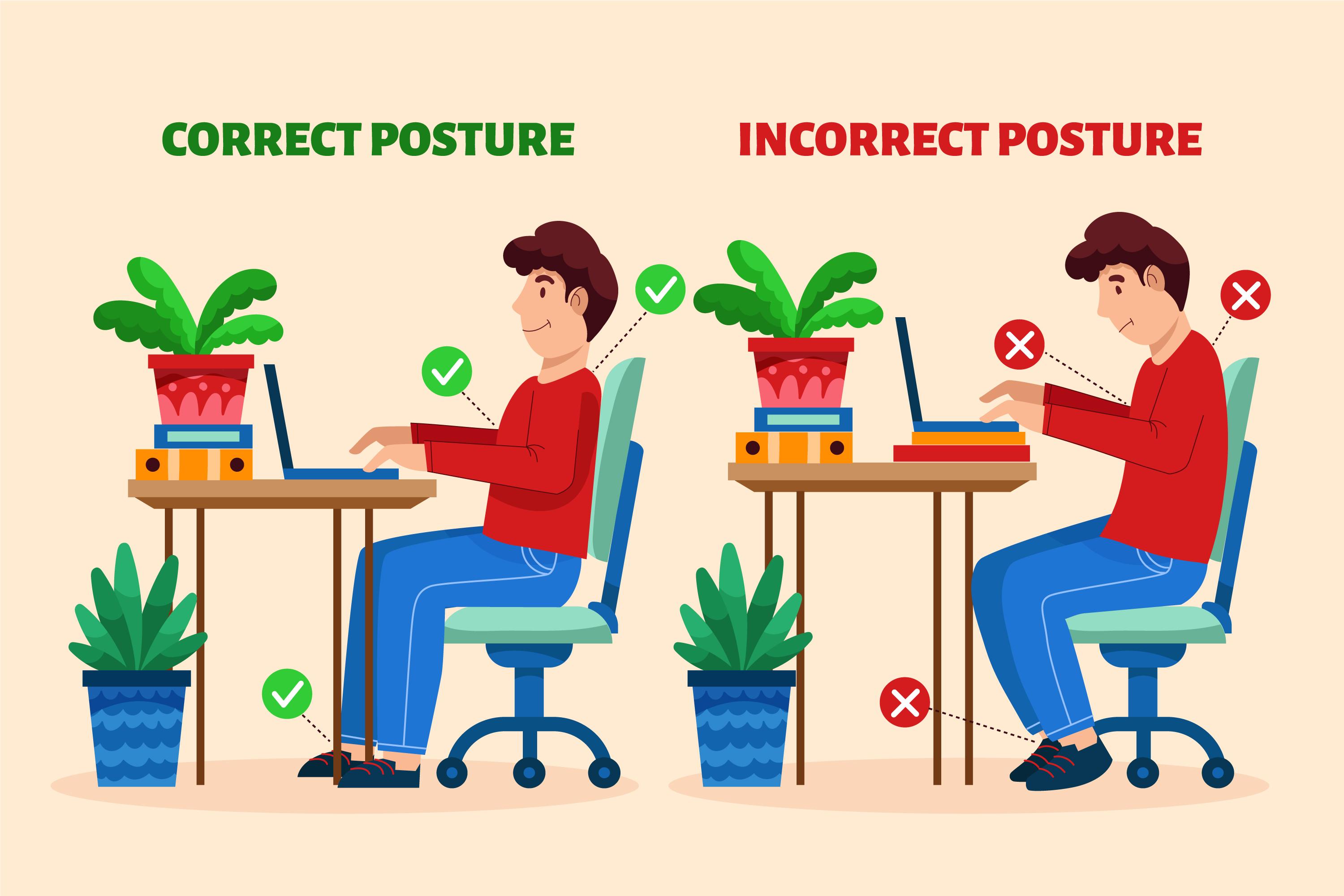
The Role of Hormones in Ergonomic Practices to Reduce Carpal Tunnel Syndrome Risk at Work
Introduction: Carpal Tunnel Syndrome (CTS) can be a discomforting condition, especially if your job involves repetitive hand movements. But did you know that hormonal imbalances can also impact CTS risk at work? Let’s explore how hormones play a role in ergonomic practices to reduce CTS risk.
Understanding Hormones and CTS: Hormones, the body’s chemical messengers, can affect fluid retention and inflammation in the carpal tunnel area. Hormonal changes during pregnancy or menopause may increase CTS risk by exacerbating swelling and pressure on the median nerve.
Ergonomic Practices to Reduce CTS Risk:
- Proper Keyboard and Mouse Placement: Ensure that your keyboard and mouse are at elbow height and that your wrists are in a neutral position to minimize strain.
- Use of Ergonomic Tools: Invest in ergonomic keyboards, mouse pads with wrist support, and adjustable chairs to maintain proper posture and reduce pressure on your wrists.
- Take Regular Breaks: Schedule short breaks to rest your hands and wrists, especially if your work involves repetitive motions.
- Stretching Exercises: Perform wrist and hand stretches throughout the day to improve flexibility and reduce tension in the muscles.
- Maintain Good Posture: Sit up straight with your shoulders relaxed and your feet flat on the floor to prevent strain on your wrists and hands.
The Role of Hormones: Hormonal imbalances can affect fluid retention and inflammation in the wrists, potentially increasing CTS risk. Understanding these hormonal influences can help individuals implement ergonomic practices effectively to reduce their risk of developing CTS at work.
Conclusion: Implementing ergonomic practices at work is crucial for reducing the risk of Carpal Tunnel Syndrome. By considering hormonal influences and adopting ergonomic strategies, individuals can protect their wrists and hands and maintain a healthy work environment.
To seek medical advice, always consult a Doctor. Here are our recommended experts. Click Here
To read more on Carpal Tunnel Syndrome. Click Here


